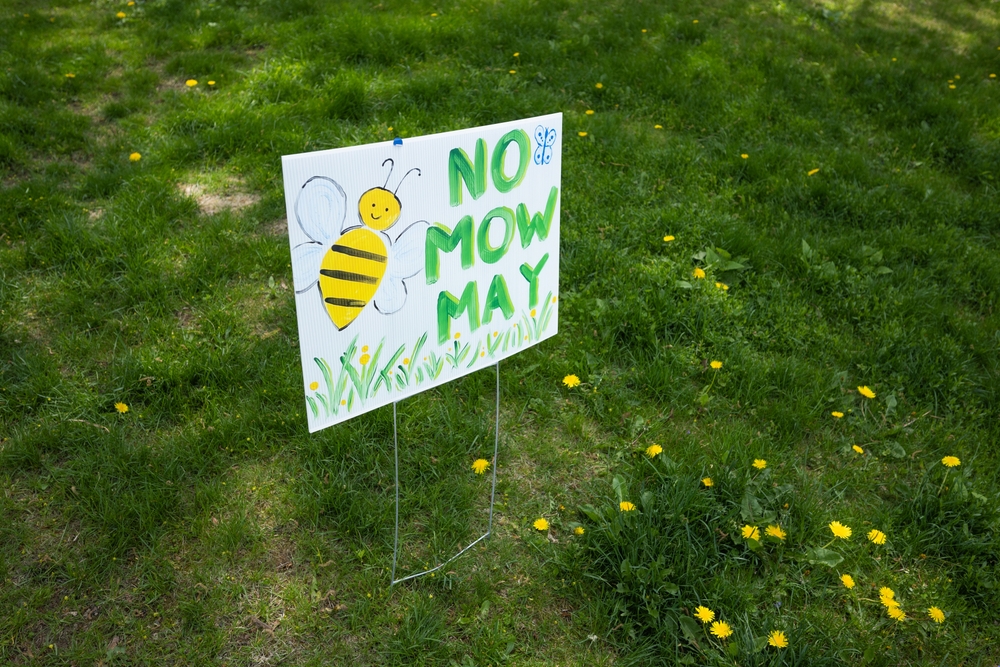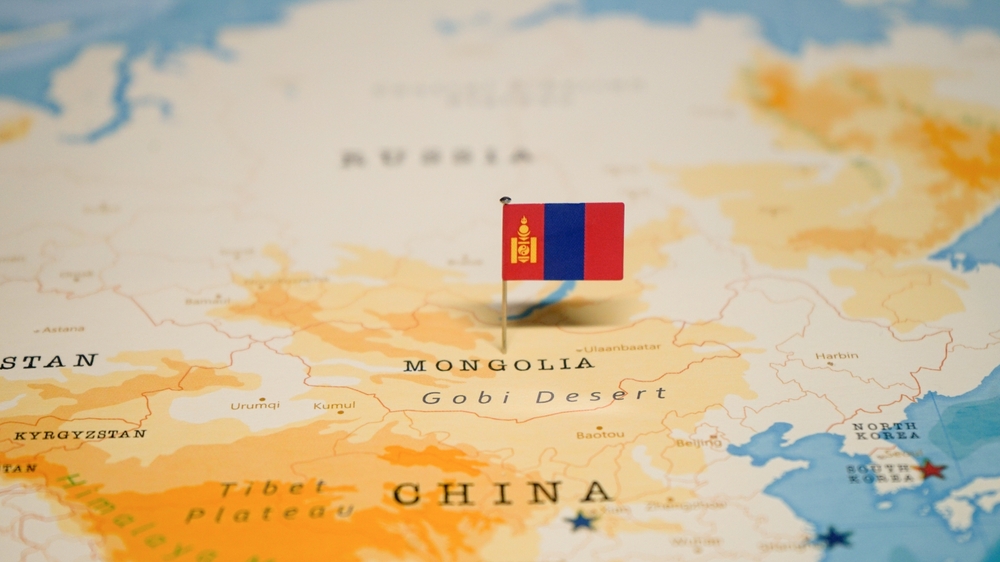Despite being African, I still reinforced all the Western media’s stereotypes about the ‘Dark Continent.’
Looking back on many years I worked as a ‘foreign correspondent’ for Western media in South Africa, I now realise that I was not only paid for writing stories that would sell on the Western media market, but for stories that would fit in and be accepted by fellow ‘foreign correspondents’. In so doing, I actually helped reinforce the stereotypical image propagated in the Western media of a of a desperate and hopeless Africa.
I played to the tune of my Western bureau chiefs in much the same way as journalists in state-controlled African media answer to government authorities. However, in my case, tailoring my opinions to meet the expectations of my employers is considered acceptable journalism, while in the case of African journalists working for African media, it is condemned as muzzling press freedom. African journalists working for foreign news agencies are encouraged to ignore stories about positive developments because good news does not sell. Most Western media organisations are not interested, for example in a feature about an African country that is doing well economically and politically.
Thinking it over, I believe, (and want to warn my African colleagues working for foreign agencies) that indigenous African journalists are often used to reinforce Western opinions that Africans have a propensity toward violence and self destruction. In many instances, news reports by African ‘foreign correspondents’ about their continent don’t reflect a true African viewpoint, nor give any sense of the diversity of African public opinion. They seldom, if ever, go deeper into the real problems behind the stories unless fault can be attributed to Africans themselves, either in the form of a government or a rebel group. Rarely does coverage in Western media offer the opinions of ordinary Africans unless they are anti-government activists, or calling for Western help. Even when journalists covering Africa know the truth—it is no secret, for instance, that almost all arms used in African conflicts are supplied by industrialised countries—they know better than to bite the had that feeds them.
Historical background like imperialism, which lies at the core of Africa’s current problems, is completely ignored in most African coverage and so are negative effects of economic policies imposed on the continent by the IMF and World Bank.
In the eyes of Western editors, the newsworthiness of an event—famine or floods for example—depends on how well the story sustains the beliefs of most Western observers that Africa is a huge, tragic basket case. Indeed as an indigenous African journalist, I fell into this trap and, sadly and shamefully, portrayed Africa the way the Western world wanted, and still wants, to see it.
Freedom of the press should mean a responsible and principled media, which helps build the prospects or morale of people. But that is not how Africa is being covered. Western media feel little duty to be constructive, no responsibility to draw attention to what’s positive on the continent.
I remember a few years ago, ‘foreign’ correspondents (including me) hated being assigned to Zimbabwe. It was considered the most “dry” place in terms of “African news”. The truth, however, was that Zimbabwe’s political and economic stability at the time did not qualify as “African news”. There was no corruption or violence or large-scale suffering. Even though there were so many positive things to write about Zimbabwe, we would go into rural areas to scrounge for stories on witchcraft! We were looking for something dispiriting! Today foreign correspondents flock to Zimbabwe because what what’s happening there is seen as bad news.
In another example, Mozambique made gallant strides in rebuilding after years of civil war. But did Western journalists come to cover that story? No, they only came in 2000 and 2001 when Mozambique experienced disastrous floods.
Looking back, I am ashamed that I once helped give credence to the pernicious, if not racist, media bias that has contributed to demoralising Africa and convincing the rest of the world there is little hope for the continent. What is the point of a steady stream overzealously amplified reports of war, famine and disaster?
There is another side of Africa that is just as newsworthy as all the depressing accounts of Africa in Western media. African journalists have a duty to rise up and address this wrong. It is not too late to be born again. We can do it.
Regina Jere-Malanda is assistant editor to the London-based New African, a monthly magazine with a fresh African perspective on the news from Africa. She is from Zambia.











